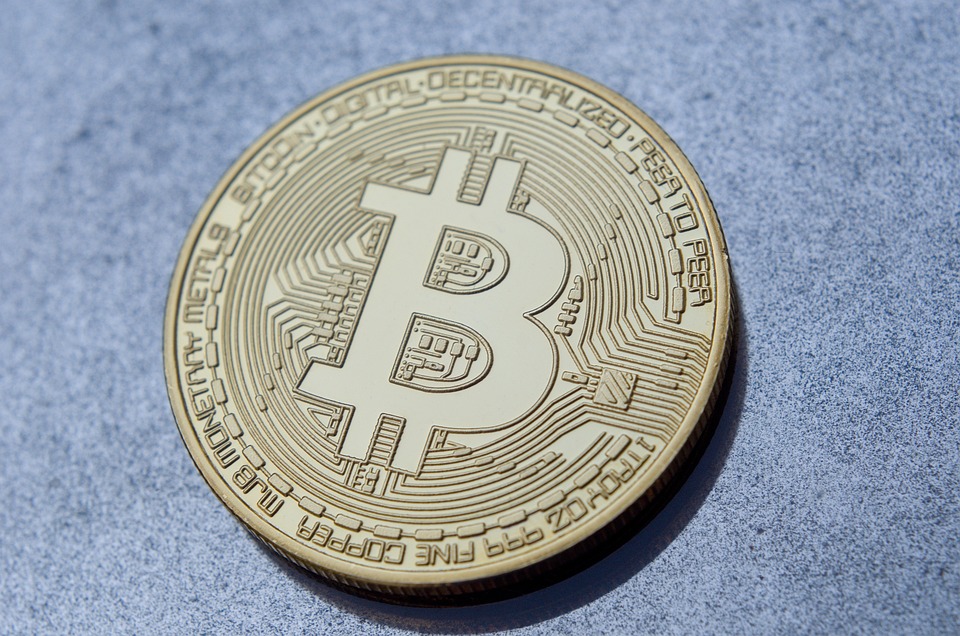The Rise of Bitcoin: A Revolution in Digital Currency
Bitcoin, the world’s first decentralized digital currency, has taken the financial world by storm since its inception in 2009. Unlike traditional currencies, Bitcoin operates without the need for a central authority or government oversight. Instead, transactions are verified by network nodes through cryptographic algorithms, making it a secure and reliable method of conducting online transactions.
The Basics of Bitcoin
Bitcoin is generated through a process called mining, where powerful computers solve complex mathematical equations to create new coins. These coins are then stored in digital wallets and can be exchanged for goods and services or other currencies. The value of Bitcoin is determined by supply and demand, with prices often fluctuating rapidly in response to market factors.
The Benefits of Bitcoin
One of the key benefits of Bitcoin is its decentralization, which means that transactions can be conducted without the need for intermediaries such as banks or payment processors. This not only reduces transaction fees but also increases privacy and security for users. Additionally, as a digital currency, Bitcoin can be easily transferred across borders, making it a convenient and efficient option for international payments.
The Future of Bitcoin
Despite its volatile nature, Bitcoin has gained widespread acceptance and adoption in recent years. Major companies such as Microsoft, PayPal, and Tesla now accept Bitcoin as a form of payment, signaling its mainstream appeal. As more people and businesses embrace Bitcoin, its value and utility are likely to continue growing, making it an exciting and potentially lucrative investment opportunity for the future.
Understanding Blockchain Technology: The Foundation of Bitcoin and Beyond
Blockchain technology is the underlying framework that powers Bitcoin and other cryptocurrencies, revolutionizing the way data is stored and verified in digital transactions. Blockchain is essentially a decentralized, distributed ledger that records all transactions in a secure and transparent manner, without the need for a central authority to validate them.
How Blockchain Works
Blockchain operates on a network of interconnected nodes, each of which stores a copy of the entire transaction history. When a new transaction is made, it is verified by the network through consensus algorithms before being added to a block. This block is then linked to the previous blocks in a chain, creating an immutable and tamper-proof record of all transactions.
The Benefits of Blockchain
Blockchain technology offers several key benefits, including enhanced security, transparency, and efficiency in data management. By eliminating the need for intermediaries and central authorities, blockchain reduces transaction costs and enables faster and more secure transactions. Additionally, the decentralized nature of blockchain ensures that data remains secure and tamper-proof, making it ideal for a wide range of applications beyond cryptocurrencies.
The Future of Blockchain
As blockchain technology continues to evolve and mature, its potential applications are virtually limitless. From supply chain management and healthcare to voting systems and identity verification, blockchain has the power to revolutionize numerous industries and processes. With increasing adoption and investment in blockchain technology, we can expect to see even greater innovation and disruption in the years to come.




